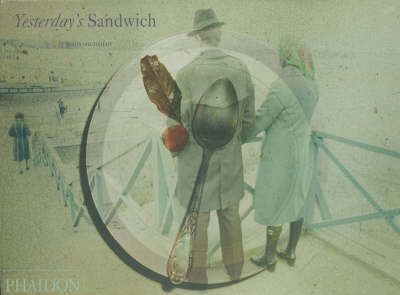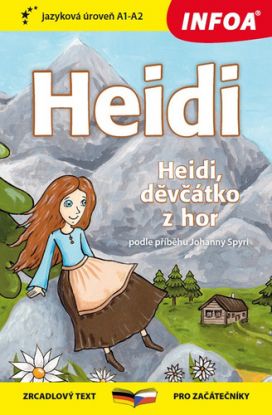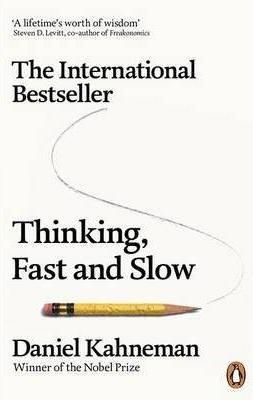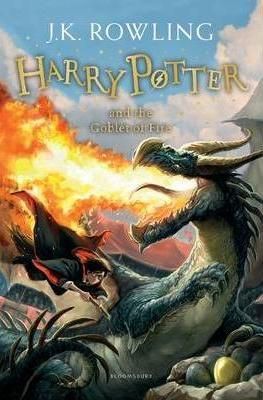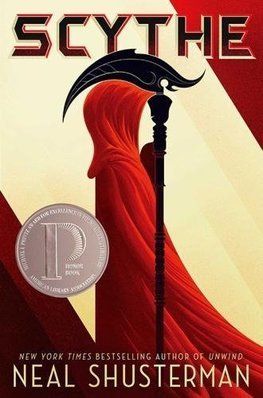YESTERDAYS SANDWICH MIKHAILOV
From found photographs ("Luriki", 1971-85) to cinematic vistas ("By the Ground", 1991), from staged self-portraiture ("I am Not I", 1992) to social documentation ("Case History", 1997-98), Boris Mikhailov has experimented with many photographic forms and styles, in a constant urge to question reality. At the beginning of his career as a photographer, Mikhailov earned his living by retouching and colouring ordinary family photographs ("Luriki" 1971-85). Apart from his commercial work, he photographed the rituals of Soviet public life in Red Series (1968-75) and ridiculed the regime and its visual propaganda in his series Sots Art (1975-86). At around the same time, he conceived his series "Unfinished Dissertation", which consisted of hundreds of images glued on the back of an unfinished dissertation, that he had found in a dustbin. Finally, after the collapse of the Soviet Union, he focused on social subject matter, documenting poverty in Kharkov and Moscow in his series "By the Ground" (1991), and hiring homeless people for his recent series "Case History" (1997-98). Mikhailov's dissidence is both political and visual. He has explored the various possibilities of photography, combining its uses as a conceptual project, an historical record, a political commentary, and as a work of art. "Yesterday's Sandwich" will feature one of Mikhailov's earliest bodies of work, his thought-provoking colour Superimposition series made in the late 60s and early 70s. It is called "Yesterday's Sandwich", because each superimposed image is created by overlaying two slides. Mikhailov accidentally invented this technique in the late 1960s when looking at his slides. As paper was expensive and difficult to find at that time, he did not print the images but showed them in slide shows. It was not until the early 1990s that he actually printed the images on paper. In this fascinating series, the images can be interpreted on two levels. At first, the background seems to show reality, but this reality is immediately distorted by the intrusion of an unexpected object, form or colour. With this superimposed image the photographer introduces a different point of view - a political commentary, a personal fantasy, or simply a formal device. Superimposition includes approximately 60 images, each shown on a single page : a naked woman is swimming in the lake while brown leaves cover her sensual body, two men, climbing up a mountain, seem to be framed by bloody meat, school children appear to be playing in a desolated and flooded courtyard. All these fascinating images question reality and its representation, claiming that truth does not exist.
From found photographs ("Luriki", 1971-85) to cinematic vistas ("By the Ground", 1991), from staged self-portraiture ("I am Not I", 1992) to social documentation ("Case History", 1997-98), Boris Mikhailov has experimented with many photographic forms and styles, in a constant urge to question reality. At the beginning of his career as a photographer, Mikhailov earned his living by retouching and colouring ordinary family photographs ("Luriki" 1971-85). Apart from his commercial work, he photographed the rituals of Soviet public life in Red Series (1968-75) and ridiculed the regime and its visual propaganda in his series Sots Art (1975-86). At around the same time, he conceived his series "Unfinished Dissertation", which consisted of hundreds of images glued on the back of an unfinished dissertation, that he had found in a dustbin. Finally, after the collapse of the Soviet Union, he focused on social subject matter, documenting poverty in Kharkov and Moscow in his series "By the Ground" (1991), and hiring homeless people for his recent series "Case History" (1997-98). Mikhailov's dissidence is both political and visual. He has explored the various possibilities of photography, combining its uses as a conceptual project, an historical record, a political commentary, and as a work of art. "Yesterday's Sandwich" will feature one of Mikhailov's earliest bodies of work, his thought-provoking colour Superimposition series made in the late 60s and early 70s. It is called "Yesterday's Sandwich", because each superimposed image is created by overlaying two slides. Mikhailov accidentally invented this technique in the late 1960s when looking at his slides. As paper was expensive and difficult to find at that time, he did not print the images but showed them in slide shows. It was not until the early 1990s that he actually printed the images on paper. In this fascinating series, the images can be interpreted on two levels. At first, the background seems to show reality, but this reality is immediately distorted by the intrusion of an unexpected object, form or colour. With this superimposed image the photographer introduces a different point of view - a political commentary, a personal fantasy, or simply a formal device. Superimposition includes approximately 60 images, each shown on a single page : a naked woman is swimming in the lake while brown leaves cover her sensual body, two men, climbing up a mountain, seem to be framed by bloody meat, school children appear to be playing in a desolated and flooded courtyard. All these fascinating images question reality and its representation, claiming that truth does not exist.

202 389 kníh na sklade ihneď k odoslaniu

Poštovné zadarmo pre nákupy od 20€

Rezervácie v 61 kníhkupectvách
